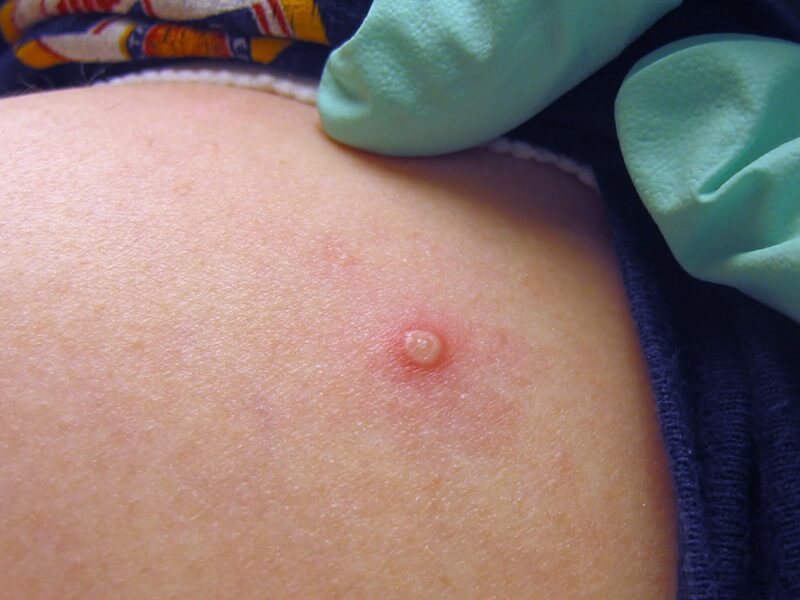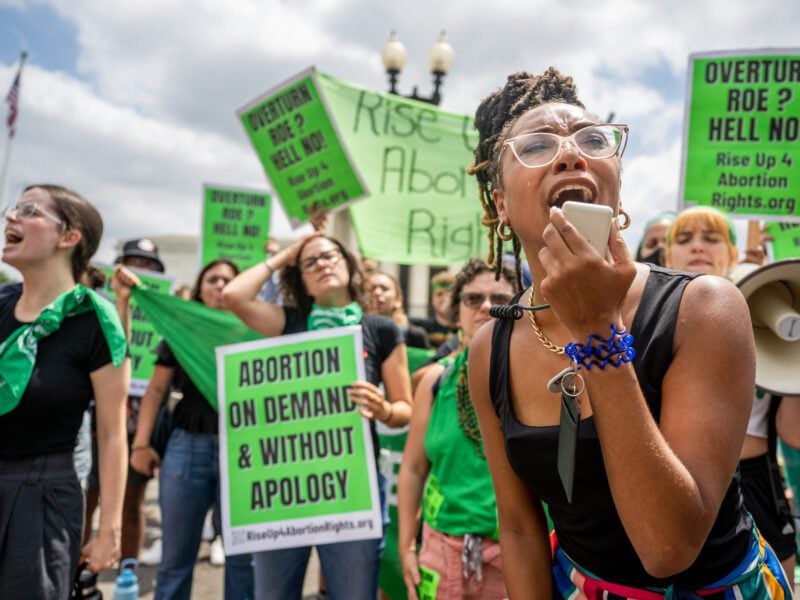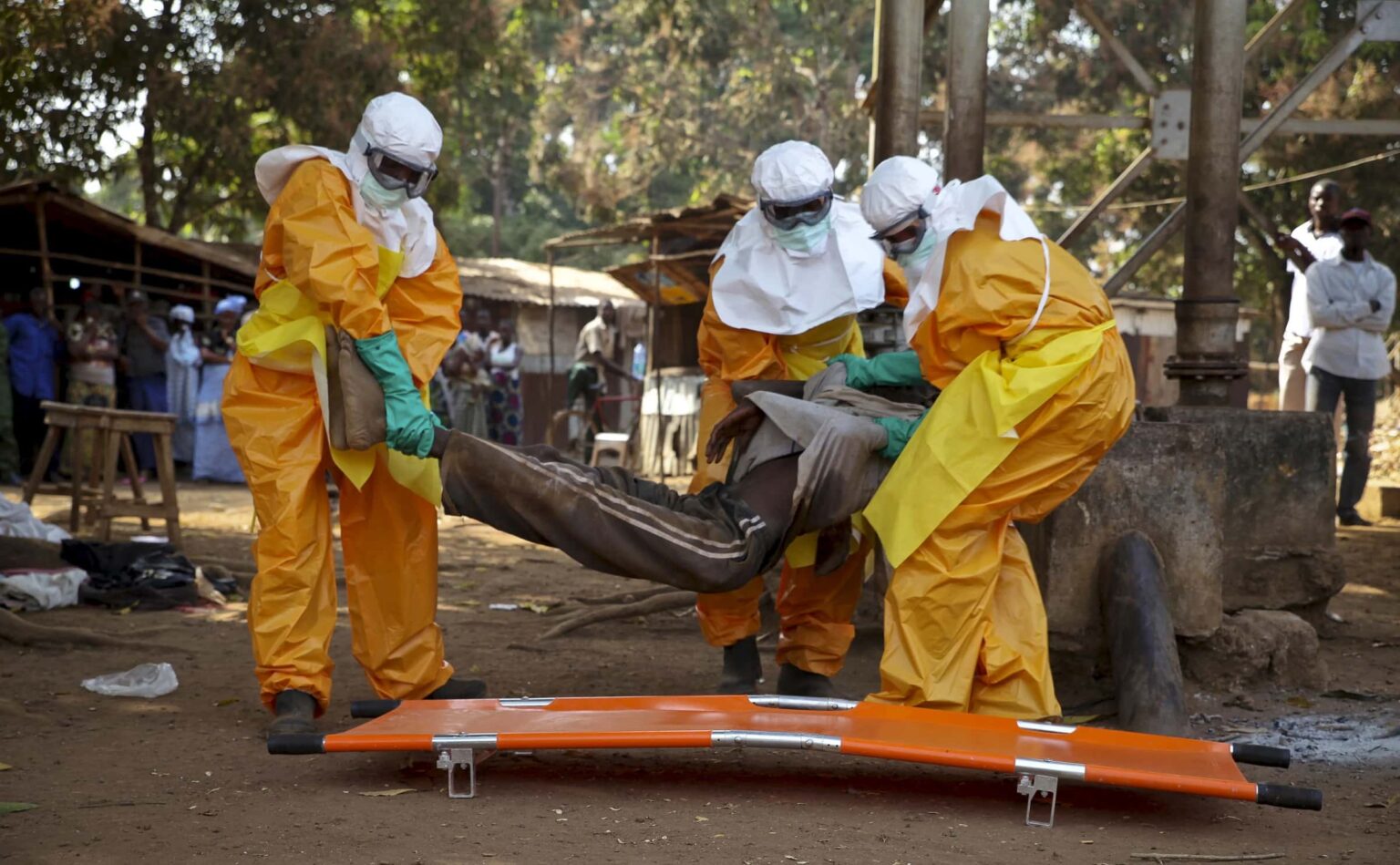
Another global outbreak? What we know about the Ebola virus
The Ebola virus doesn’t seem to have gotten the memo: we’re still dealing with COVID-19 so we don’t have time for an Ebola outbreak. And yet, that’s exactly what’s happening in Guinea right now.
The deadly Ebola virus has claimed the lives of three people and infected four others in the African country. That’s a gut punch for a region that had managed to conquer the last Ebola virus outbreak just five years ago.
Unfortunately, the threat of an Ebola virus resurgence in Africa has been a constant over the past few years. So how serious is the new outbreak? Officials from the World Health Organization are already on site to try to determine that.

New outbreak, WHO dis
The Guinean minister of health has said officials are in the process of isolating all suspected cases of Ebola infection including contact tracing, and are working on getting doses of the Ebola vaccine from the World Health Organization. The currently known infections have been traced back to a funeral held in early February for a nurse who worked in a rural health facility.
WHO staff are already setting up testing & treatment facilities in the community. Since the apparent epicenter of the new outbreak is in a rural community near the border, WHO officials are looking into potential cases in the neighboring areas of Liberia & Sierra Leone.
The good news, as it were, is that Guinean health workers have been to this dance before. WHO officials are optimistic about their chances to deal with the Ebola virus quickly because Guinea has retained all the experience from their last outbreak, as well as from helping battle a similar Ebola outbreak in the Democratic Republic of Congo.

Not Guinea’s first rodeo
The world’s worst recorded Ebola virus outbreak gripped the countries of Guinea, Liberia & Sierra Leone from 2014 to 2016. More than 28,000 people were infected and 11,000 died, according to reports from the Centers for Disease Control and Prevention. The Ebola virus has a terrifyingly low 50% survival rate on average, although that has varied from 25% to 90% on past outbreaks.
Still, the brutal years spent fighting the worst Ebola virus outbreak will come in handy for Guinea today. Dr. Matshidiso Moeti, WHO’s Regional Director for Africa, released a statement saying: “Banking on the expertise and experience built from the previous outbreak, health teams in Guinea are on the move to quickly trace the path of the virus and curb further infections.”
WHO Director-General Tedros Adhanom Ghebreyesus added in a tweet: “#Guinea has many years of experience battling #Ebola, with skilled incident managers and vaccinators . . . Government is taking action. One of the first steps will be ensuring community understands the risks and will join in response. Their role is crucial.”
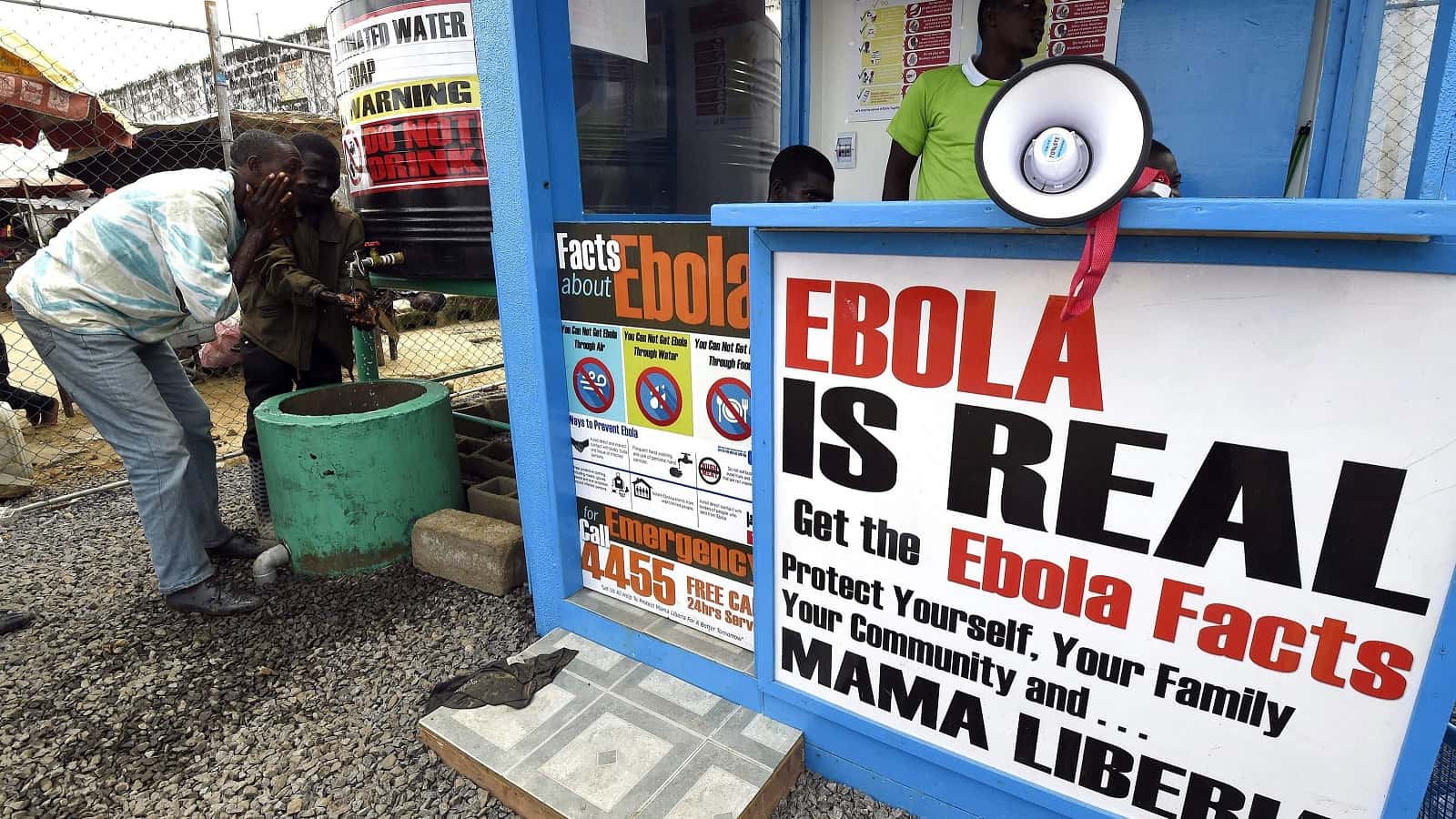
Wash your hands!
It’s at this point, if not sooner, that you start wondering how susceptible you are to the Ebola virus. How do you even get it, right? This may sound familiar, but humans can be infected by other humans via body fluids. Contaminated objects from infected persons will also do the trick. You can also get it if you butcher an infected animal, if you’re into butchering.
The Ebola virus disease mostly affects people & nonhuman primates. That means monkeys, gorillas, chimpanzees . . . the entire cast of the Planet of the Apes movies. The virus initially spreads from wild animals to humans, then from humans to the rest of their community. Symptoms include fever, diarrhea, vomiting, and bleeding.
There’s a vaccine against the Ebola virus and there’s treatment for Ebola infections, so we have that going for us as a civilized planet.
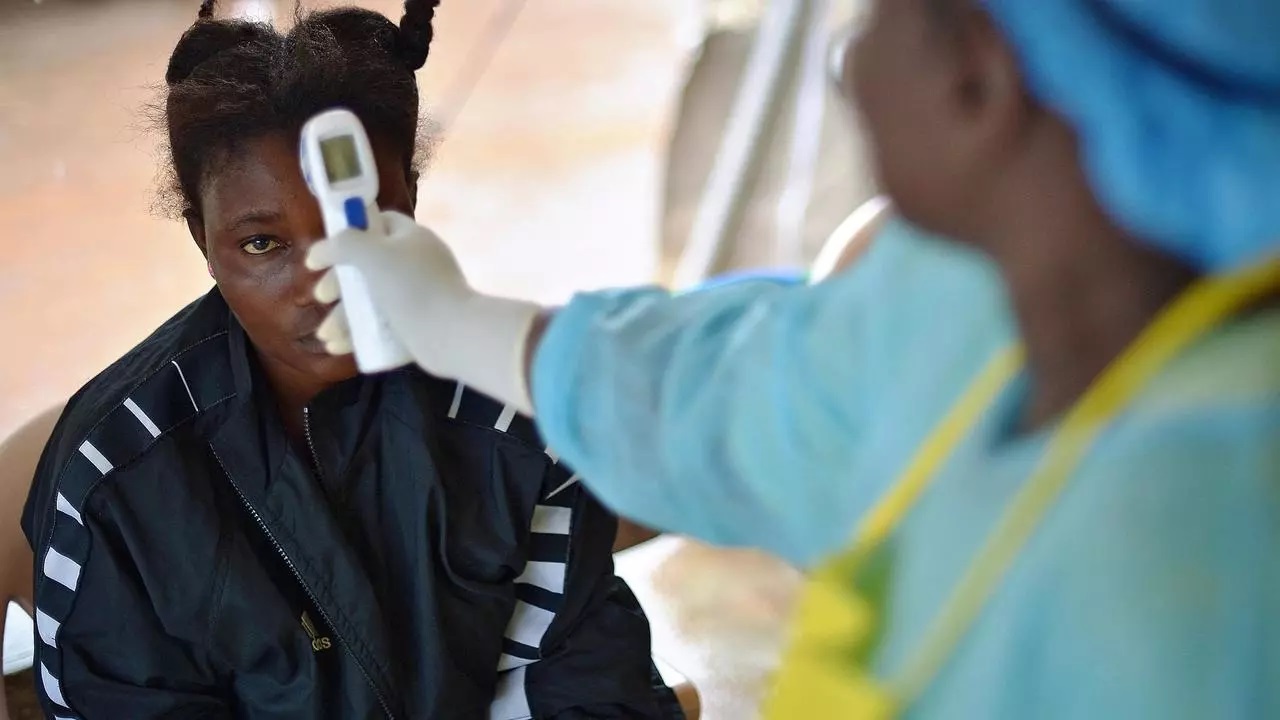
Don’t you forget about Congo
We can’t finish an overview of the Ebola virus situation in Guinea without pointing out the Democratic Republic of Congo is having Ebola trouble of their own. Just days before the Guinea outbreak, the DRC reported two Ebola virus deaths.
The Ebola reports from the DRC are significant due to how bad the last Ebola virus outbreak in the Congo was. Between 2018 & 2020 (yes, that recently), more than 2,200 people died from Ebola virus infections in the DRC. Unsurprisingly, WHO is already on the case, providing medical supplies and setting up vaccinations.





